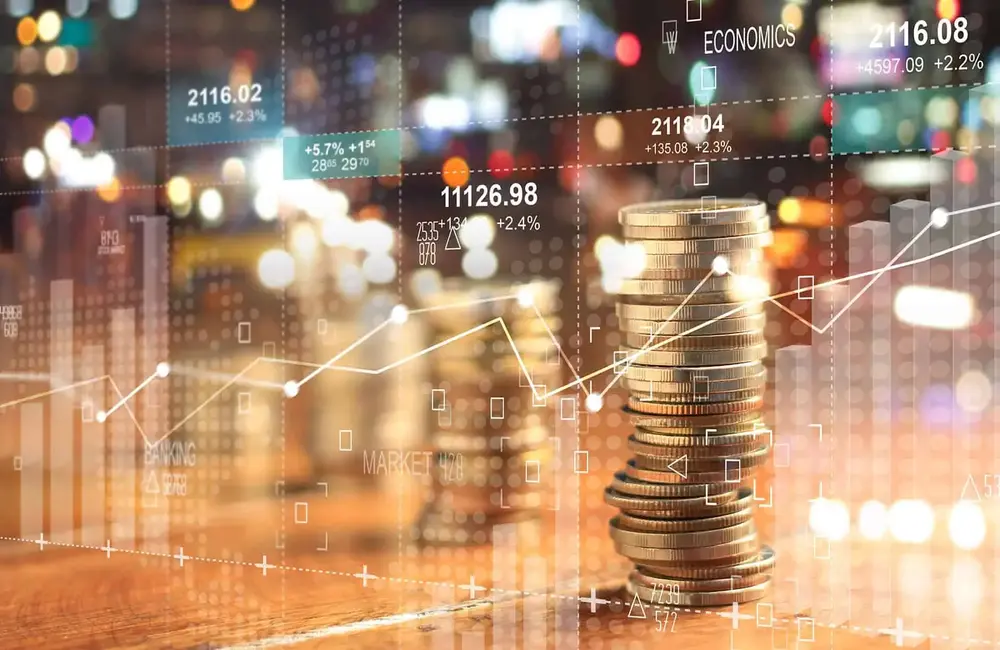We remember weddings and birthdays and holidays, but everyday living doesn’t stay on our minds. So say, if you are 65 years old today, happy birthday, you have lived 23,741 days. And though you have a ton to recall, you cannot remember even one day from most of those years. Who remembers what they did one weekend a few months ago, let alone 20 years?
But in 2042 we will be remembering 2020 and 2022. Two years ago, on 11 March 2020, the World Health Organisation proclaimed a global pandemic. And Russia invaded Ukraine on 24 February 2022. We have had our wars, but not for generations, one that threatens to escalate into nuclear conflagration between super powers or even world war three (as the US President said last week if US air force closes the skies over Ukraine).
We are living through history, and barring awful human cost of both these momentous events, will alter how we work and view the world. Few at the beginning of 2020 imagined the effect of a pandemic or significant conflict let alone the extraordinary effect of climate change and the bushfires that were raging and the floods that were to come.
Inflation is much higher than anyone anticipated only a few months ago, while the oil price which plays into the costs of many goods is very volatile at high levels. This is a real oil and energy shock that all but assures higher inflation and higher interest rates for longer and nobody knows how this is going to unfold. International trade against globalisation and world trade uncertainties: the many challenges our standing assumptions on how markets operate.
Robert Reich's Predictions
Robert Reich is an American economist who was secretary of labor under Bill Clinton from 1993 to 1997 and served in the administrations of Presidents Gerald Ford and Jimmy Carter. He is Professor of Public Policy at University of California, Berkeley. He writes a regular newsletter (not everyone’s cup of tea) and in the most recent issue he sets out six things he thought were going to happen in the future that he now thinks are wrong:
- Nationalism is disappearing.
- States can no longer dictate what their people know.
- Historical nations will no longer war over geographic land.
- Major nuclear powers will never go to war against one another as a result of the certainty of ‘mutually assured destruction’.
- Civilization will never again be held hostage by crazy isolated men with the power to wreak havoc.
- Democracy is inevitable.
That’s quite a list of lost assumptions from someone who hung out near the top seat of global power for so many years. Which makes attempts to speculate on the course of markets, inflation and interest rates seem as banal as most forecasting really is.
Still, we have to spend money and that sometimes necessitates a prediction. The specter of recession and stagflation have been raised and supply chains will take time to rebalance. Gasoline at over US$5 a gallon in the US and more than US$100 to fill a tank drip, drip, drip, contributes to consumer sentiment and inflation expectations as if it were a huge tax increase, especially when paired with rising food prices and other energy hikes. Societal functional low cost energy that cannot be replaced by renewables in the near future. For all the promise of the future, solar and wind meet less than 4 percent of Europe’s current energy needs, with negligible battery storage capacity.
Future Crunch: A Brighter Note
On a slightly brighter note, here is an excerpt from Future Crunch, a blog that identifies good news in all the current stories of the day.
And still a bit lighter on the topic of change, most of us are old enough to remember purchasing the gear below, a piece at a time, and this snapshot is all Sony. Now all this and much much more can be done by smartphones. Does anyone have a Sony smart phone?
Like Nokia, Blockbuster and Kodak, Sony used to be front-edge tech. Sony was valued at over US$100 billion or five times Apple in 2000. Sony's market cap shrank to around US$80 billion, whereas Apple, with a market cap of around US$2.5 trillion, is the world's most valuable company. Indeed, times change.
Investing in Fund Management
Funds management is a far harder business than it looks, as evidenced by the majority of active managers who trail their benchmarks after fees. Active has continued to hold a considerable balance over passive fund inflows especially in Australia, but how does investing in the business of a fund manager differ from investing in the funds they manage?
Last week we spent some time with Roger Morley of MFS Investments, in London, to help put the war in a global context and learn how it is being perceived in terms of portfolios. Alongside the opportunities and threats, he also names stocks which he likely will hold for years no matter what the macro or geopolitical backdrop.
Phil Ruthven on Long-Term Trends
Speaking of the long term, Phil Ruthven reaches back to the early 20th century to watch the wild decades unfold and believes the 2020s are already manifesting many of the characteristics we’ve seen in these unsettled times.
Historically, the one bright star in any turbulent period tends to be gold and it has not faltered so far in 2022. It is a topic that many gold investors ignore, but Jordan Eliseo makes the case for holding the precious metal in Aussie dollars.
Gold as a Hedge Against Inflation
Gold as a hedge against inflation? The US Federal Reserve is on inflation watch too with the latest read fueling speculation of another round of quantitative tightening on the way, writes Michael Collins. On Thursday morning AEST, the Fed increased the target range for the Funds rate by 0.25%, its first interest rate increase since 2018. This comes as US inflation is at its highest in 40 years at 7.9% while gasoline, food and housing costs soar.
US Elections and Market Implications
With everything else that’s happening in the world, it’s easy to forget that some big U.S. elections are just around the corner: the 2022 midterms in November. They can result in a transfer of control of policy with implications for budgets and spending. They examine what happened in previous midterms, with an eye towards share market ramifications.
Professor Kevin Davis on Universal Pension
And Professor Kevin Davis, a former member of the 2014 Financial Systems Inquiry, writes in with his solution for how a universal pension could work. Readers sometimes ask about this but budgetary and superannuation implications need to be dealt with.
Fidelity’s White Paper on Women and Money
Fidelity’s White Paper published this week is the latest piece of research into women and their approach to money. There's still a huge gap in how men and women think.

























